When a vampire not called Dracula bested the copyright system, and what it tells us about derivative works
The IPKat
APRIL 8, 2022
But for IP types, perhaps their most notable accomplishment was the revenge that they took upon the copyright system. And, while the copyright laws were used to try to keep the film from public view, ultimately it failed, to the continuing benefit of cinematic creation. It is here that the story, as a copyright matter, become murky.

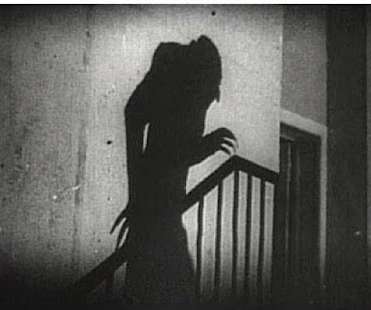
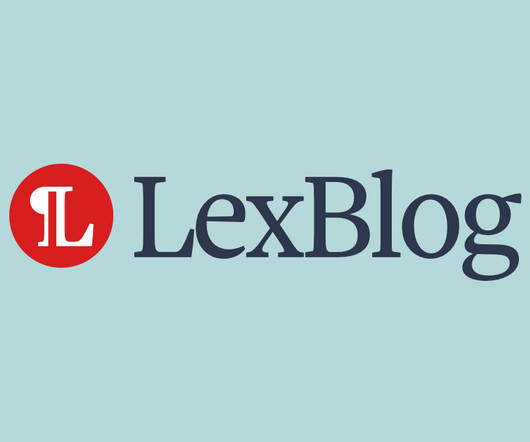
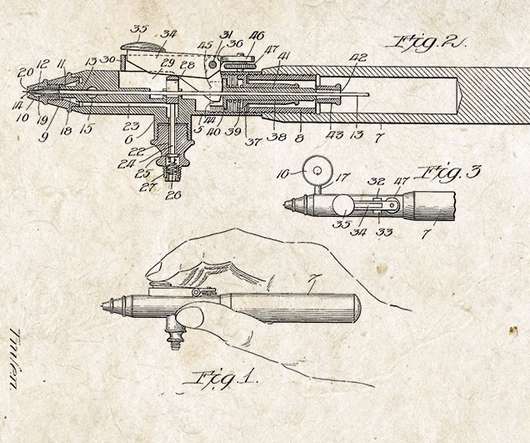
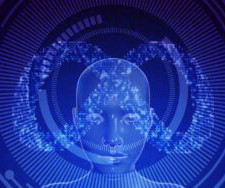
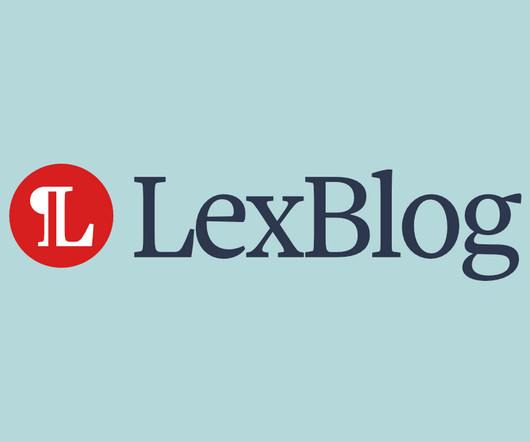
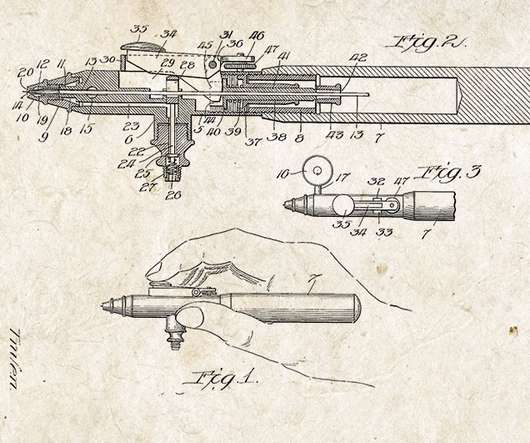
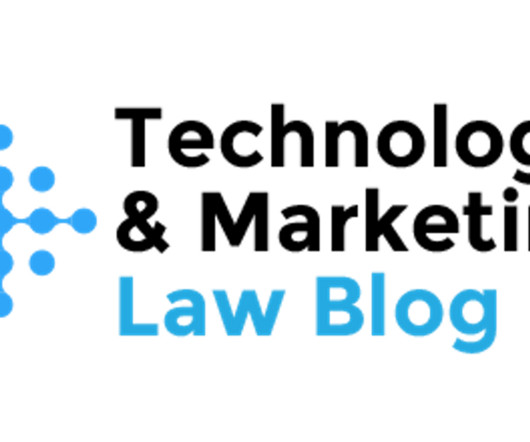
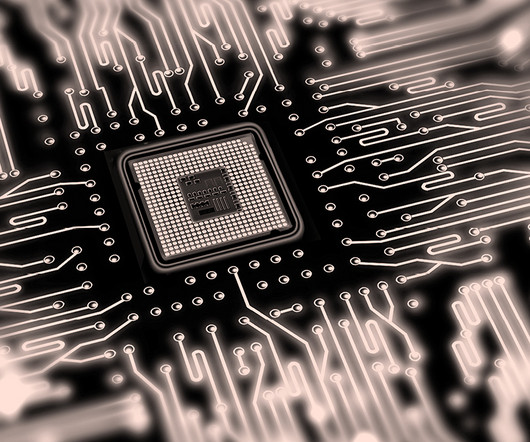
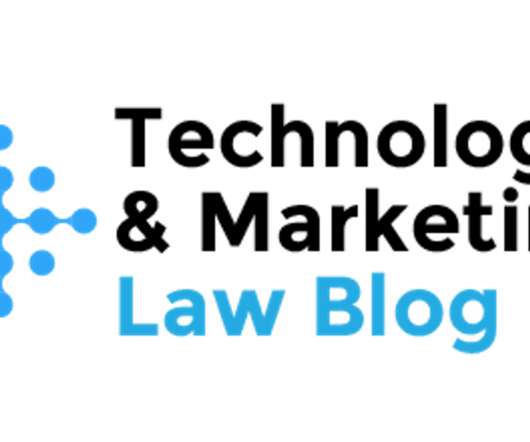
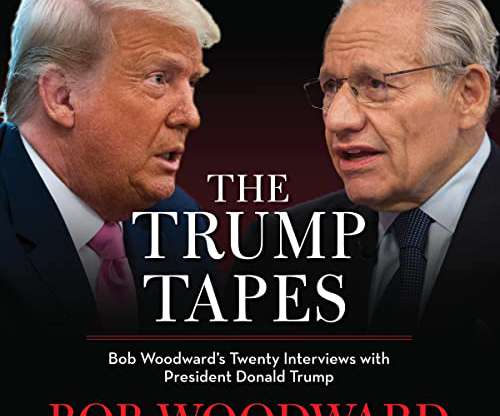






Let's personalize your content